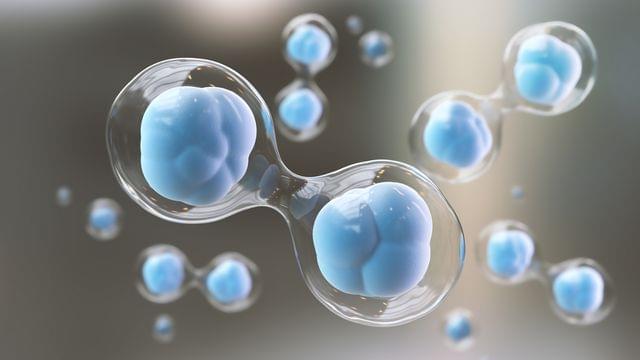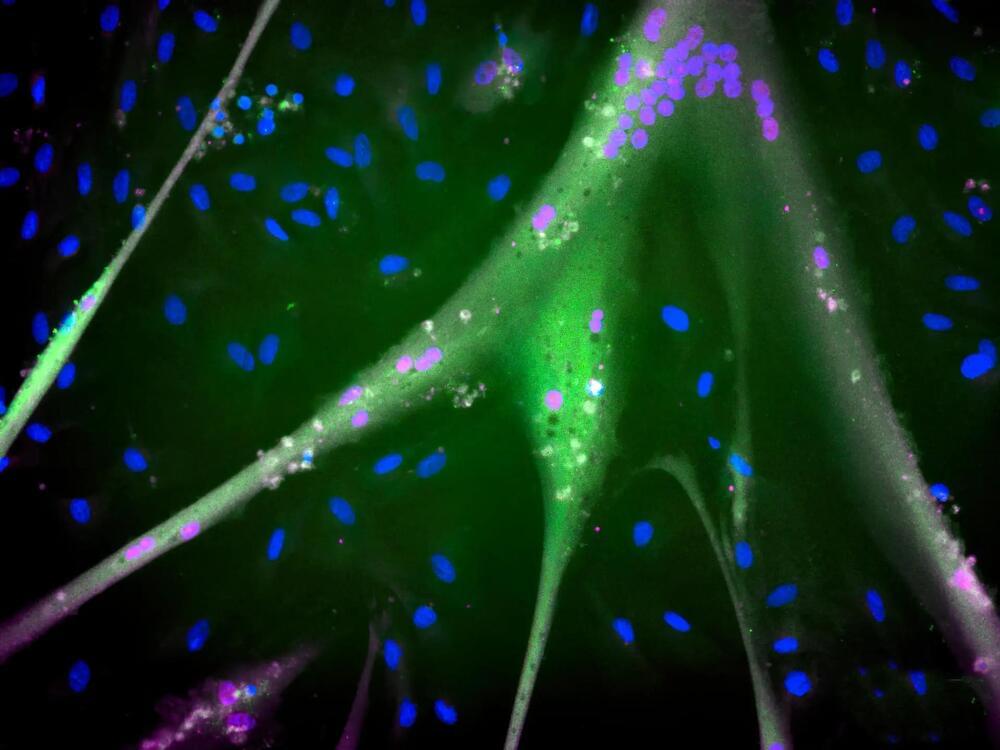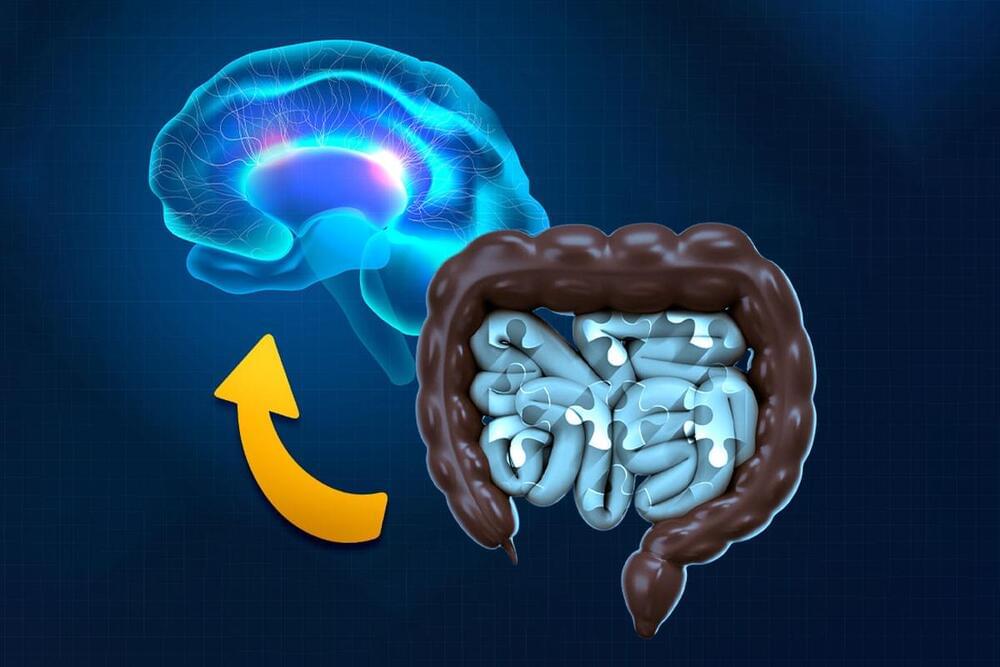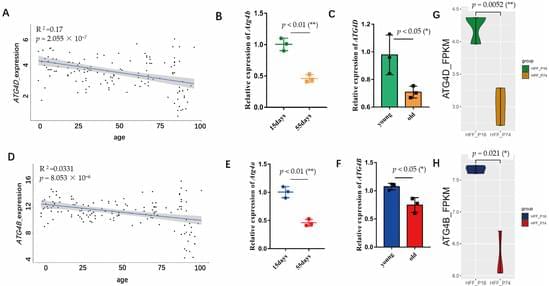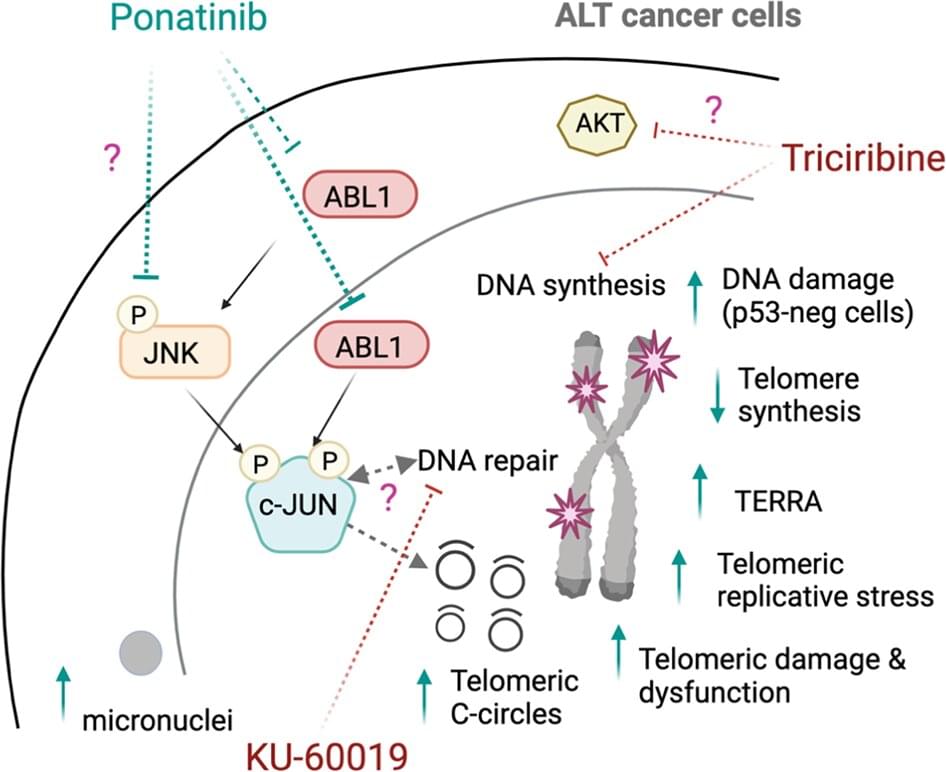
Back in 1956, Denham Harman proposed that the aging is caused by the build up of oxidative damage to cells, and that this damage is caused by free radicals which have been produced during aerobic respiration [1]. Free radicals are u nstable atoms that have an unpaired electron, meaning a free radical is constantly on the look-out for an atom that has an electron it can pinch to fill the space. This makes them highly reactive, and when they steal atoms from your body’s cells, it is very damaging.
Longevity. Technology: As well as being generated in normal cell metabolism, free radicals can be acquired from external sources (pollution, cigarette smoke, radiation, medication, &c) and while the free radical theory of aging has been the subject of much debate [2], the understanding of the danger free radicals pose led to an increase in the public’s interest in superfoods, vitamins and minerals that were antioxidants – substances that have a spare electron which they are happy to give away to passing free radicals, thus removing them from the danger equation.
But before you reach for the blueberries, it is important to know that, as so often in biology, the story is not black and white. Like a misunderstood cartoon villain, free radicals have a beneficial side, too – albeit in moderation. Free radicals generated by the cell’s mitochondria are beneficial in wound-healing, and others elsewhere act as important signal substances. Used as weapons by the body’s defense system, free radicals destroy invading pathogenic microbes to prevent disease.
